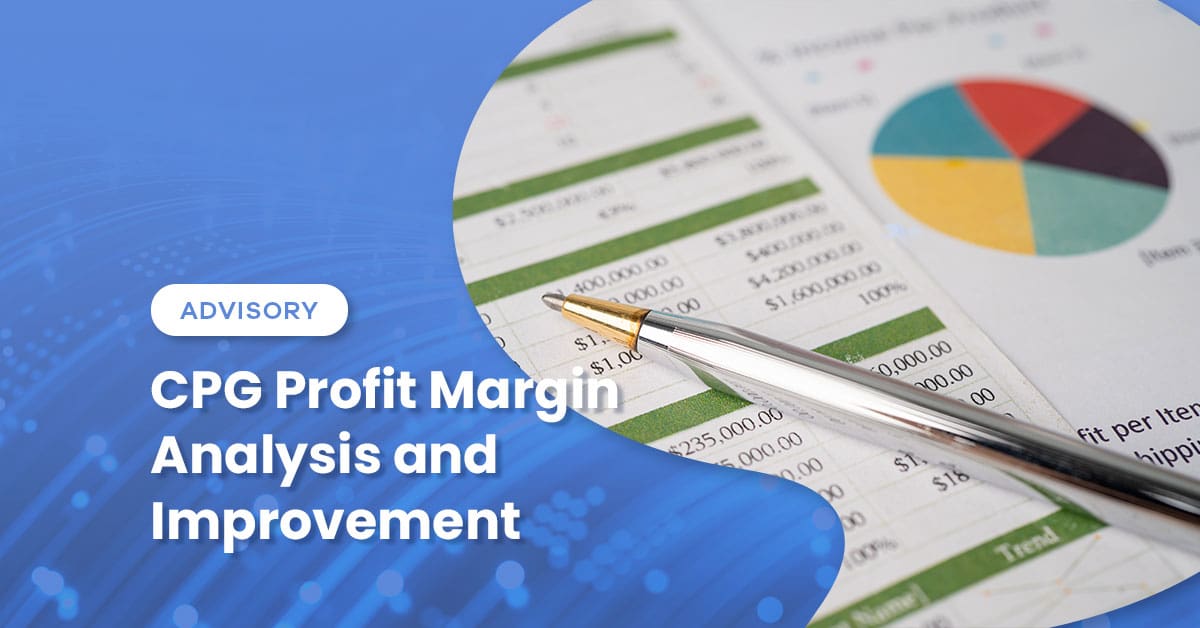Travel & tourism represents approximately 10.4% of of global GDP, according to the World Travel & Tourism Council. Companies in this sector include airlines, hotels, cruise ships, tour operators, and travel agencies. The services are offered globally and are directly impacted by economic changes, geopolitical incidents, and environmental events. Understanding these factors through the financial due diligence process is essential in presenting normalized revenue in a quality of earnings analysis. This blog will primarily concentrate on revenue adjustments in the travel industry, but it is important to note that a comprehensive full quality of earnings analysis must also take into account other potential impacts to EBITDA.
The quality of earnings analysis provides investors and shareholders with a clearer view of true operational earnings by eliminating non-recurring, unusual or non-operational transactions. In the travel industry, various factors impact growth and play a role in revenue fluctuations. As a result, analyzing revenue is essential in normalizing financial results and accurately calculating the quality of earnings.
- Seasonality: A travel company may be specialized in a certain sector or geographical location. This specialization may lead to some fluctuations in its monthly earnings. A ski resort will generally experience higher revenues in the winter months and a decline during the warmer months. It is important to consider the seasonality of the business as estimating and normalizing revenue is likely not as easy as just annualizing the remainder of the year.
- Identification of Non–Recurring Items: Discussions with management and trend analysis (considering seasonality) should highlight non-recurring revenue streams. These revenue streams will be one-time in nature and the prospect of recurring again or lasting beyond a short-term period is unlikely.
→ One-Time Events such as a unique trip offering, or one-time corporate sponsorship events are examples of one-time revenue.
→ Volume discounts or promotions to customers. These may be offered as part of the normal course of the business or used to fill a hole in capacity. An understanding of the volume and timing would be needed to determine if an adjustment is required.
→ Extraordinary Events: Extraordinary events may have a positive or negative impact on revenue. These events should be evaluated and compared to historical revenues to determine if an adjustment is warranted.
→ During the Covid-19 pandemic travel plans were canceled or postponed. Postponed plans and remote work initiatives may have caused an unusual surge in revenues in the years after the lockdown period. This surge may be in addition to normal revenues and should be considered as an adjustment when calculating the quality of earnings. Significant amounts of deposits also represented a backlog of demand that once utilized could potentially normalize at lower levels is also an important consideration when looking at revenue in the aftermath of Covid-19.
→ Weather and natural phenomena can play a significant role in travel. A hurricane, volcanic eruption, total solar eclipses, and other occurrences can directly impact fluctuations in revenue. During a total solar eclipse, there may be an increase in travel as people want to experience the path of totality. A total solar eclipse occurs every few years, however it is rare for the path to occur in the same location. Variance analysis may indicate increased revenue for a period and may require an adjustment. Natural disasters may impact pre-booked trips or future trips based on the disaster. The extent of damage incurred by a region may indicate if there will be short- or long-term ramifications on revenue.
→ Geopolitical events may impact a region in several ways: safety/security, visa restrictions, worker strikes, terrorist threats, economic concerns, disruption in travel. These events may temporarily or permanently cause a partial or total disruption in revenues earned. The disruption may be long-term, and if so, revenue previously earned may need to be adjusted.
→ Cancellation/refund revenue should be evaluated and compared to historical periods. The analysis should highlight potential non-recurring revenues. The impact of global or meteorological events on the travel industry may highlight one-time periods of high cancellations that would need to be adjusted.
- Non-Operating Revenues: Amounts received from government grants or subsidies (PPP Loan forgiveness, Employee Retention Tax Credit) should not be recognized as earnings.
- Exchange Rate Fluctuations: International travel offerings may expose a company to currency fluctuation.
- Changes in Accounting Policies: If there are any changes in accounting policy, the nature of the change should be reviewed to determine if any adjustments are needed to report revenues consistently with normal operations.
Normalizing revenue adjustments in the travel industry is an integral part of the quality of earnings calculation, requiring proper financial analysis to understand the true revenue of a company. By considering factors such as seasonality, non-recurring revenues and other factors, normal financial performance may be derived. The revenue adjustments in the travel industry provide a tool that may be used to make informed decisions for executives and investors, leading to effective management and decision-making.
For more information, contact our experts today.





 Previous
Previous






